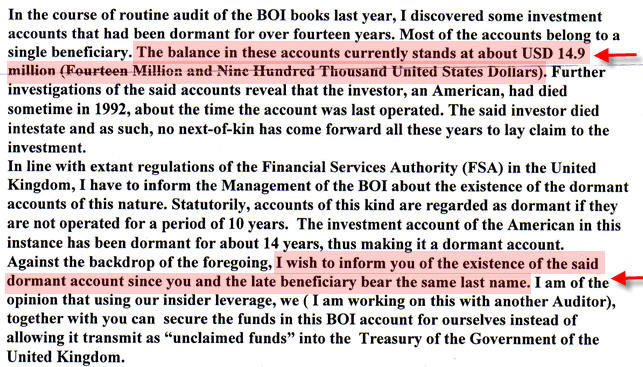[youtube http://www.youtube.com/watch?v=5k4Y7G5fqAU]
We think of spam as a modern problem, coming about as a direct result of the internet's rapid explosion in the eighties and nineties. Evidence suggests, though, that unwanted contact to a multitude of random strangers in the hopes of financial gain is much older than we might guess.
Spamming all over the world
That most modern of scams, the ‘Nigerian prince' scam, is thought to be a modern incarnation of a very old scam indeed, known as an advance fee scam. We've all seen emails in which we're promised future riches in return for a fee, and it may have begun about 500 years ago under the name of the ‘Spanish prisoner scam'.

Of course, with no email to be found scammers took their chances via letter, sent to look convincingly like those sent from overseas. With email often little is done to hide the origins or mass sending of an email, depending on the vulnerable not being tech savvy enough to determine that it cannot be legitimate.
I just called to say…
Individually targeting a large amount of people can be done in person, of course, as anyone who's dealt with a persistent sales person or religious visitor. Since the invention of the telephone we've been subjected to a new type of spam-the cold call. Sometimes it can be a useful call, letting us know of a product, service or event that impact our own lives. Other times it's an inconvenient dash out of the shower to listen to a robot asking whether we've had an accident or injury at work recently.
In 2006 a survey found that cold callers were the most annoying thing in the UK. Naturally, since it's such an irritant, there are plenty of ways people choose to deal with it, from signing up to the Telephone Preference Service and call blockers such as grouputilities.com, to hanging up or having a little fun with the spammers.
New tech, same annoyance
With the later invention of the fax machine this too has been utilised to spam people, but it seems this method is falling out of favour somewhat as less individuals keep fax machines. Instead, we're now facing more intrusive spam, such as that via text message and instant message, pop ups on websites and irritating apps that take you to other sites to buy them even if you haven't clicked on them.
Of course not everything that's considered spam is a scam. One person's irritation for being interrupted is another person's brilliant deal, and as mass communication has become cheaper there are more options for legitimate groups and businesses to contact people individually.
Here are the top 5 biggest Internet scams ever
[youtube http://www.youtube.com/watch?v=eRWz-ogStMs]
We don't have to skim the classified sections to find a deal now (though it's still a great way to do so!) We can be called in our own homes and businesses, with offers either hoping for a few bites from the many people contacted, or tailored to our own likes and needs thanks to information sharing between agencies.






